Description
The Kabol Girls’ Trilogy is a realistic and historical story of courage and painstaking effort to survive the crisis of war and the suffering of Afghan girls and women during the rule of an extremist religious group called the Taliban.
The main character is a girl named Butterfly. He has often heard from his father, a history teacher, that the Taliban means a seeker and researcher in religious matters, and that religion teaches people to be better and kinder, but Parvaneh actually sees that the Taliban are people who have not built a place in Afghanistan that People can be friends and kind to each other.
The story is about poverty, disrespect and insult especially to girls and women, creating inhumane conditions for the people and the tragedies of the Taliban government. Hiding women at home, not being allowed to cross the streets and markets without a man present, closing schools, hating music and spreading this hatred by the Taliban, turning sports and football stadiums into a punishment center for criminals, burning books And …. is one of these examples of catastrophes that the book correctly recognizes to the audience.
Cable Girls Trilogy (Breadwinner, Butterfly Journey, Goli City)
Parvaneh is 11 years old and lives in Kabul during the Taliban rule in Afghanistan (1997). Her mother is a fired writer who works for the Afghan Women’s Union with the help of a close friend. His father is a history teacher who lost a leg in a bombing and was imprisoned by the Taliban for studying in Britain and reading English books.
To earn a living and earn a living, Parvaneh disguises herself as a boy, goes to the market, and pursues her job instead of her father. Butterfly’s friend and classmate Shozieh, like him, sells tea in the market to meet the needs of his family in boy clothes. He dreams of one day moving from Afghanistan to France and starting another life.
The two are going through strange events under the hostile pressure of the Taliban. Eventually, Parvaneh, who lost her father and lost her family, manages to visit her mother, and instead of going to France, Shuza decides to stay in Afghanistan to help her injured compatriots.

The story is an excerpt from the history of Afghanistan and can be a clue for sociologists and researchers of political and historical issues, especially women researchers. This story, despite having a sad atmosphere, is full of hope for the future and bright.
The author of the book, Deborah Ellis, has spent a long time in Afghan refugee camps and has heard many stories of this form. She has donated all the rights to the book to the Women for Women Association in Afghanistan. Women who have dedicated their lives to educating Afghan girls in refugee camps.
The books have won several awards:
The Breadwinner has won the Peter Pan Prize in Sweden, the Rocky Mountain Prize and the Middle East Prize at the University of California.
Butterfly Journey has won the Jane Adams Peace Prize.
book introduction
The Breadwinner is the first of three Cable Girls novels.
The man stood between him and the sun. The butterfly had felt its shadow before seeing it. He turned his head and saw a black handkerchief for the Taliban on the man. The gun was on the width of his chest; In the same way that his father’s rudder bag was placed on his chest.
The Taliban soldier was still looking at him. Then he reached into his vest and, looking at the butterfly, pulled something out of his vest pocket.
The butterfly wanted to close her eyes and wait for her to shoot when she saw that a letter had come out of her pocket.
He sat on the blanket, next to the butterfly.
“Read this,” he said.
This novel is about the life of the Afghan people when it is run by the Taliban, an extremist religious group.
Deborah Ellis has lived in Afghan refugee camps and heard many stories, such as the life story of a butterfly. She has donated all the rights to the book to the Women for Women Association in Afghanistan, who have dedicated their lives to educating Afghan girls in refugee camps in Pakistan.
“Butterfly Journey” and “City of Flowers” are the other two novels of this trilogy.
The collection of “Cable Girls” novels contains parts of the living conditions of the Afghan people, especially girls and women who are forced to flee to neighboring countries and live in camps due to the war conditions in their country.
This collection presents the reader with an accurate and somewhat shocking picture of the lives of Afghan women and girls.
One of the highlights of the creation of this trilogy is the experience of its Canadian author Ellis Deborah in dealing closely with these oppressed girls and women. Ellis because she is a psychotherapist; She has been working in Afghanistan for a long time and has founded an organization called the “Women’s Organization for Afghan Women”.
The three volumes of this novel are called “Nanavar”, “Safar Parvaneh” and “Shahr Goli”, respectively. The story of all three volumes is somewhat interconnected. So that the cable girl butterfly of Ellis’s story is the main character in the first and second volumes of this trilogy. An 11-year-old girl who was born into an educated family. He has to wear menswear to make a living and enter the rough labor market.
In the third volume, the main character is called “Shozieh”. A girl who is a close friend of Parvaneh and inevitably wears boyish clothes like her friend and takes the burden of life to provide for her family. Shozia is the only friend of the butterfly. A girl who has to stand on the streets of Peshawar, Pakistan to survive.
The second edition of the collection of novels “Cable Girls” written by Ellis Deborah and translated by Shahla Entezarian was published by Ghadyani Publications with a circulation of 1,100 copies and a price of 6,000 Tomans per volume.
1- Introducing the book on YouTube
2- Introducing the book in Aparat


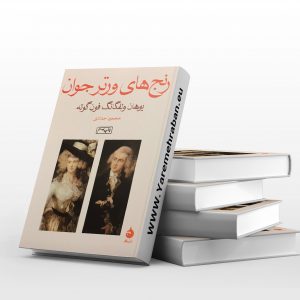

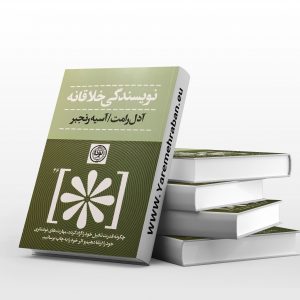
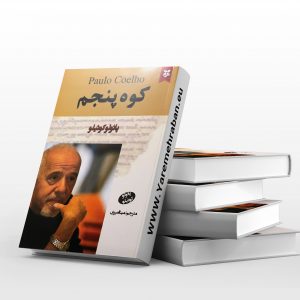
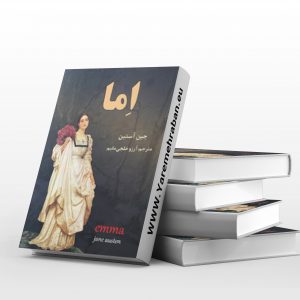
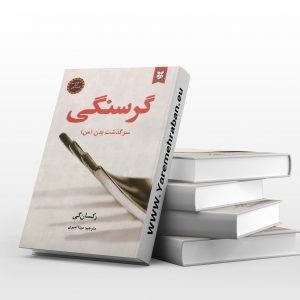
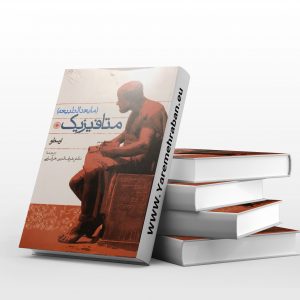
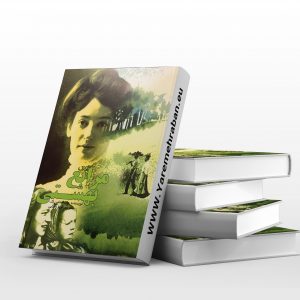




Reviews
There are no reviews yet.